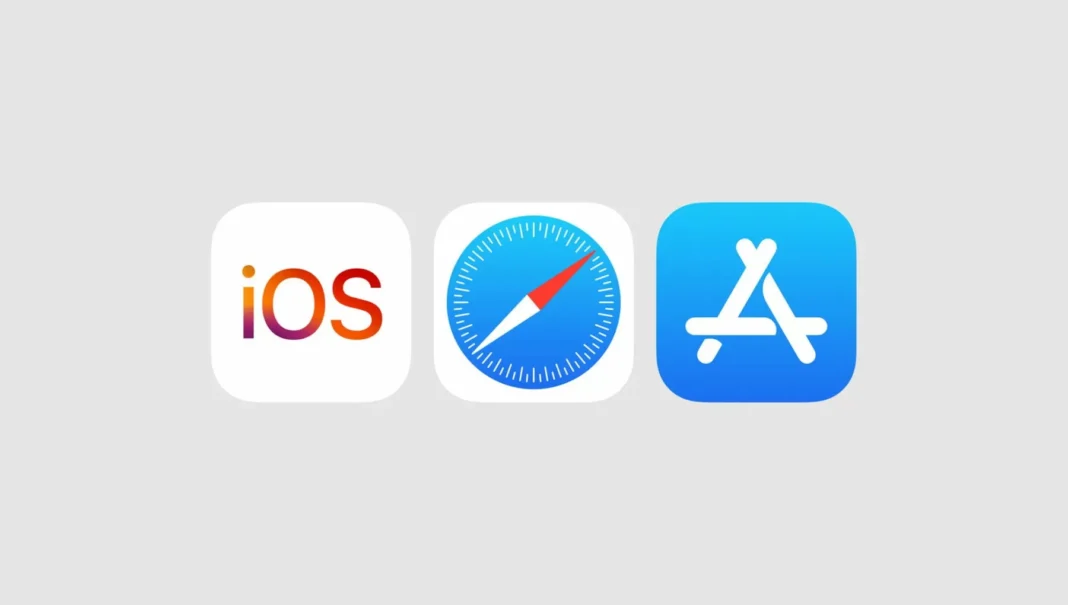With the release of iOS 17.4, Apple has taken a big step towards complying with the Digital Markets Act (DMA) in Europe. The latest update brings a range of new features and changes that aim to give users more control over their devices and promote fair competition in the app market. But while these changes are certainly a step in the right direction, some experts warn that they may also come with increased risks.
One of the most significant changes in iOS 17.4 is the introduction of sideloading for applications. This means that users will now have the option to download and install apps from sources other than the App Store, such as third-party app stores or directly from developers’ websites. This move is a direct response to the DMA, which aims to promote fair competition and prevent tech giants like Apple from having a monopoly over the app market.
For users, this means more freedom and choice when it comes to the apps they use on their devices. They will no longer be limited to the apps available on the App Store, and they can explore alternative options that may better suit their needs. This is especially beneficial for developers who have faced strict guidelines and high fees on the App Store, as they now have the opportunity to reach a wider audience and potentially increase their profits.
Another significant change in iOS 17.4 is the ability to use NFC with alternative payment systems other than Apple Pay. This means that users can now make contactless payments using their iPhones with services like Google Pay or Samsung Pay. This move is a significant win for users who have been limited to using Apple Pay for NFC payments, as well as for other payment providers who have faced restrictions from Apple.
In addition to these changes, Apple has also announced a reduction in the fees it charges to developers. The company has faced criticism for its high commission rates on the App Store, which can reach up to 30% of a developer’s revenue. With iOS 17.4, Apple has lowered these fees to 15% for developers who earn less than $1 million in annual revenue. This is a significant relief for small and independent developers who have struggled to compete with larger companies on the App Store.
While these changes are undoubtedly positive for users and developers, some experts warn that they may also come with increased risks. With sideloading, there is a higher chance of users downloading malicious apps that could harm their devices or compromise their data. Apple has always prided itself on its strict app review process, which ensures that apps on the App Store are safe and secure. With sideloading, this level of security may be compromised, and users will need to be more cautious when downloading apps from external sources.
In addition, the use of alternative payment systems may also come with risks. While Apple has strict security measures in place for Apple Pay, other payment providers may not have the same level of protection. This could potentially put users’ financial information at risk if they choose to use these alternative payment methods.
Despite these potential risks, the changes brought by iOS 17.4 are a significant step towards promoting fair competition and giving users more control over their devices. With these updates, Apple is showing its commitment to complying with the DMA and creating a more open and fair app market. It’s a win-win situation for both users and developers, and we can only hope that these changes will continue to improve and evolve in the future.
In conclusion, iOS 17.4 is a game-changer for the app market in Europe. With the introduction of sideloading, the use of alternative payment systems, and reduced fees for developers, Apple is promoting fair competition and giving users more freedom and choice. While there may be some risks involved, the overall impact of these changes is undoubtedly positive. It’s an exciting time for the app market, and we can’t wait to see how it will continue to evolve with these new updates.

